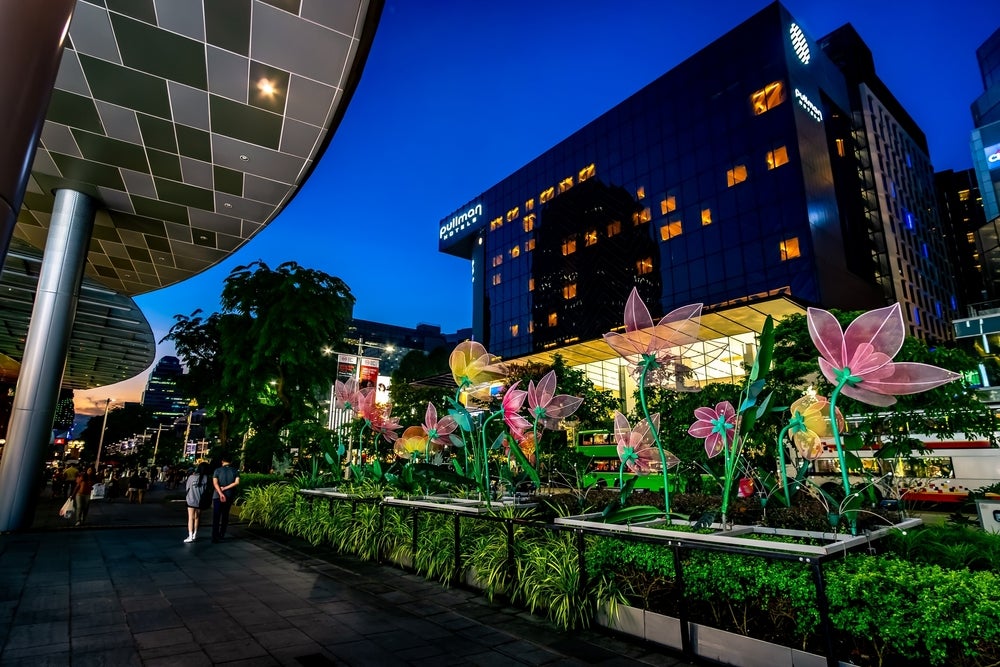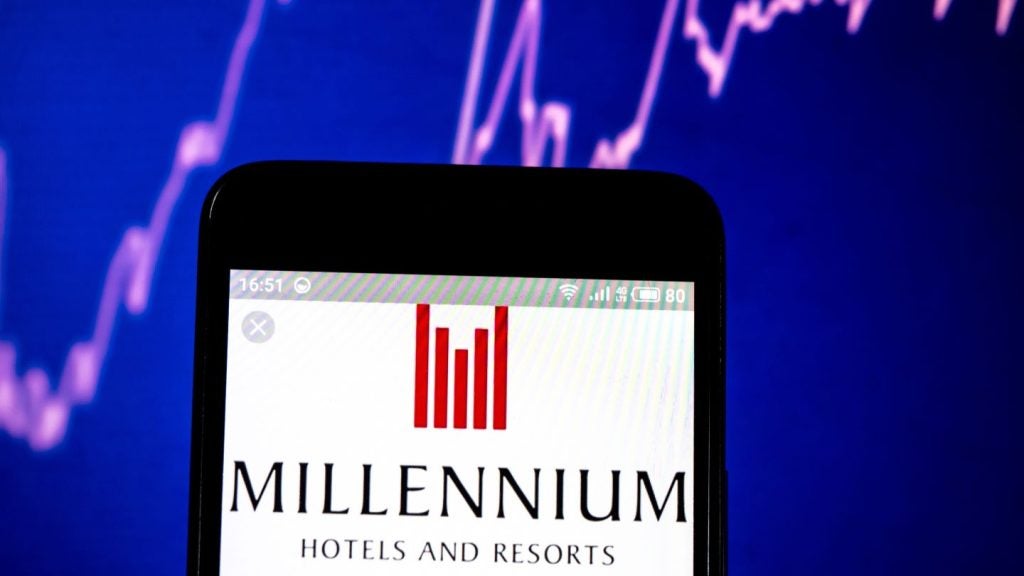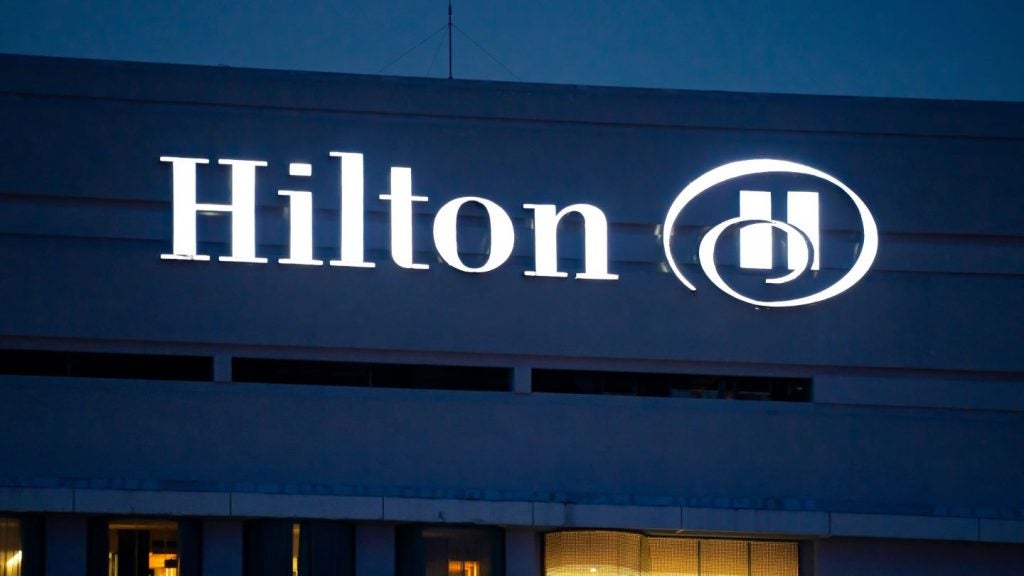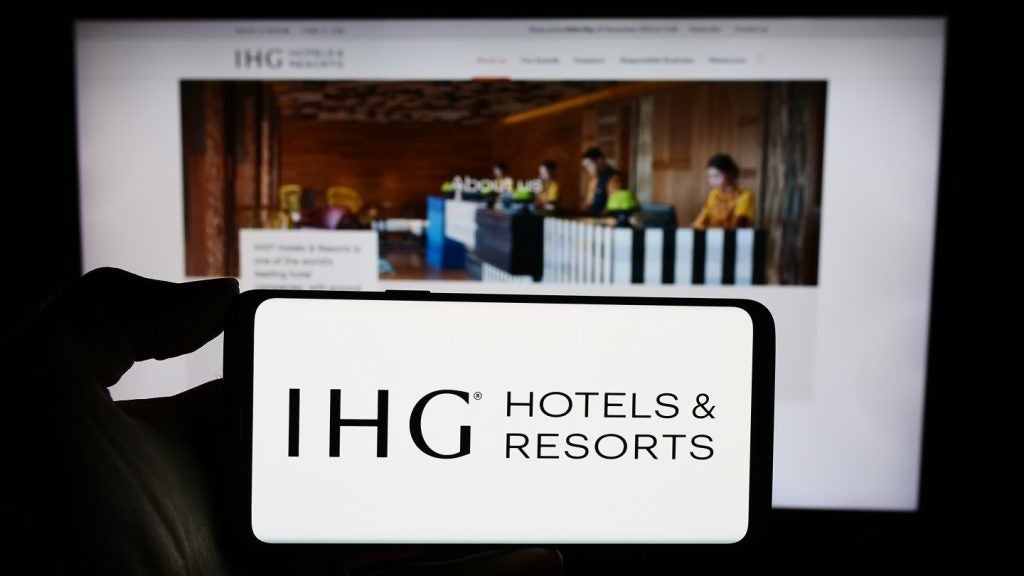
The global hotel industry is no exception to the “West is best” stereotype.
Hotels in Asia have long been exoticised and promoted as purely escapist experiences for the urbanised Western traveller.
This is defined by tourism academics as “a policy of requiring those involved in the tourism industry to enact a form of authenticity intended to enchant visitors and convince them that they are experiencing the ‘real’ country and its ‘exotic’ culture”.
This rhetoric continues to be promoted even in today’s age of the conscious traveller and positive tourism, which encourages responsibility and cultural awareness for visitors.
Asia is at the forefront of such exoticisation, as seen in a Huffington Post article ’10 of the Most Exotic Hotels in the World’, of which five of the selections are located in Asia. However, hoteliers in the region have also used this rhetoric strategically to their own advantage to attract global tourists in droves.
GlobalData’s travel and tourism analysis finds that the Asia-Pacific region accounts for the largest share of the value of the global hotels and motels industry. Further cementing the region’s success is its domination of the global construction project pipeline, with hotel projects currently valued at $6.41tn.
How well do you really know your competitors?
Access the most comprehensive Company Profiles on the market, powered by GlobalData. Save hours of research. Gain competitive edge.

Thank you!
Your download email will arrive shortly
Not ready to buy yet? Download a free sample
We are confident about the unique quality of our Company Profiles. However, we want you to make the most beneficial decision for your business, so we offer a free sample that you can download by submitting the below form
By GlobalDataIn the light of this, the dynamism of Asian hotel technology should not be underestimated.
Generative AI in Asian hotels
Generative AI is defined as technology that uses machine learning algorithms to create content, including text, images, audio, video and software code.
AI is increasingly used by hotels for staff management, demand forecasting, customer support and language translation.
GlobalData predicts that from 2024 to 2030, AI will be used in the travel and tourism industry for virtual travel guides, AI-powered travel agents and personalisation insights.
Asian companies are at the centre of the AI revolution, benefitting the region’s hotels.
China-based technology company Alibaba is a key player in AI, announcing its beta version of ChatGPT, known as “Tongyi Qianwen”, which will complement the company’s existing online travel platform, Fliggy.
Another leader in AI is Baidu, one of China’s largest search engine companies and a major shareholder in the online travel platform Trip.com, a popular search engine for hotel accommodation.
Alibaba and Baidu showcase China’s grip on the global AI revolution, which will serve to strengthen the country’s hotels as well as those of the wider continent.
Robot staff are increasingly normal
GlobalData defines a robot as a machine capable of carrying out a complex series of actions automatically and repeatedly. This is highly useful for automated in-house guest services in hotels.
Robots have now become an increasingly normalised part of guest experiences and have expanded their roles to undertake reception work, housekeeping and concierge duties.
Again, Asia is a pioneer in the applications of robot hotel staff, with the reported first “robotel” in the world having opened in Nagasaki, Japan, at the Henn na Hotel in 2015. Room doors are unlocked with facial recognition, and robots in the hotel rooms control the heating and lighting and can provide information on the weather for guests.
Robotic technology has continued to expand in Asian hotels, with YOTEL Singapore marketing a “robo-cation” package which includes services executed by simultaneous localisation and mapping robots.
L’hotel Hong Kong was at the forefront of using robotics to sustain hospitality operations and observe social distancing during the pandemic.
GlobalData forecasts that the robotics industry will grow to be worth $568.1bn by 2030, and that hotels in Asia are primed to further capitalise on this technology.
A positive outlook for hotels in Asia
International travellers heading for Asia with romanticised notions of escaping from the modern digital world will be disappointed as the region’s hotels continue to pursue technological innovation.
Modernised guest experiences are also attractive to intra-regional travellers, as a recent report found that Asian tourists are focusing on travel closer to home, with short-distance flights accounting for 44% of all bookings in Asia.
As Asian hotels continue to combine the continent’s natural and cultural attractions with technological progress, the region will secure its position as a global hospitality powerhouse.







